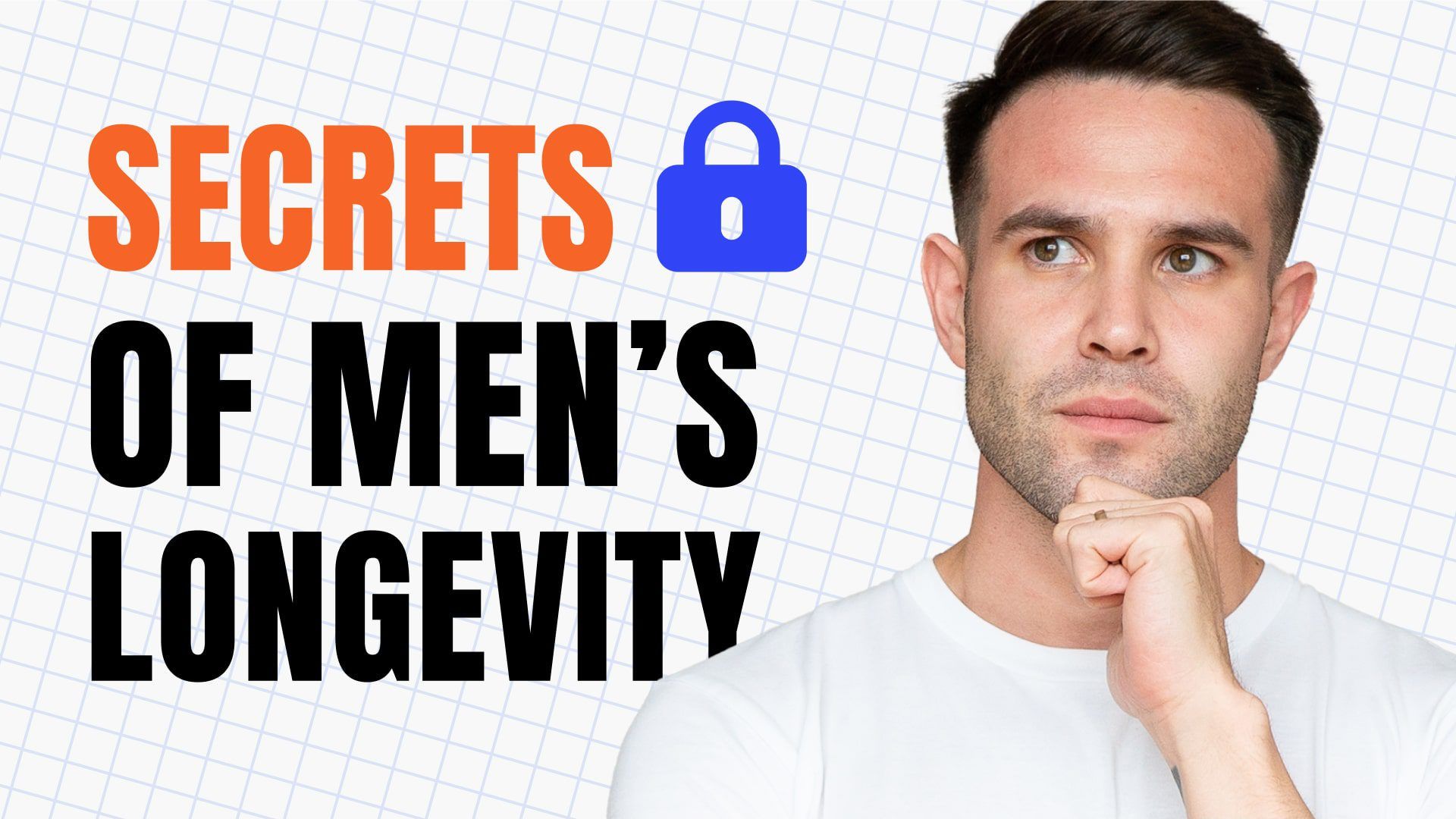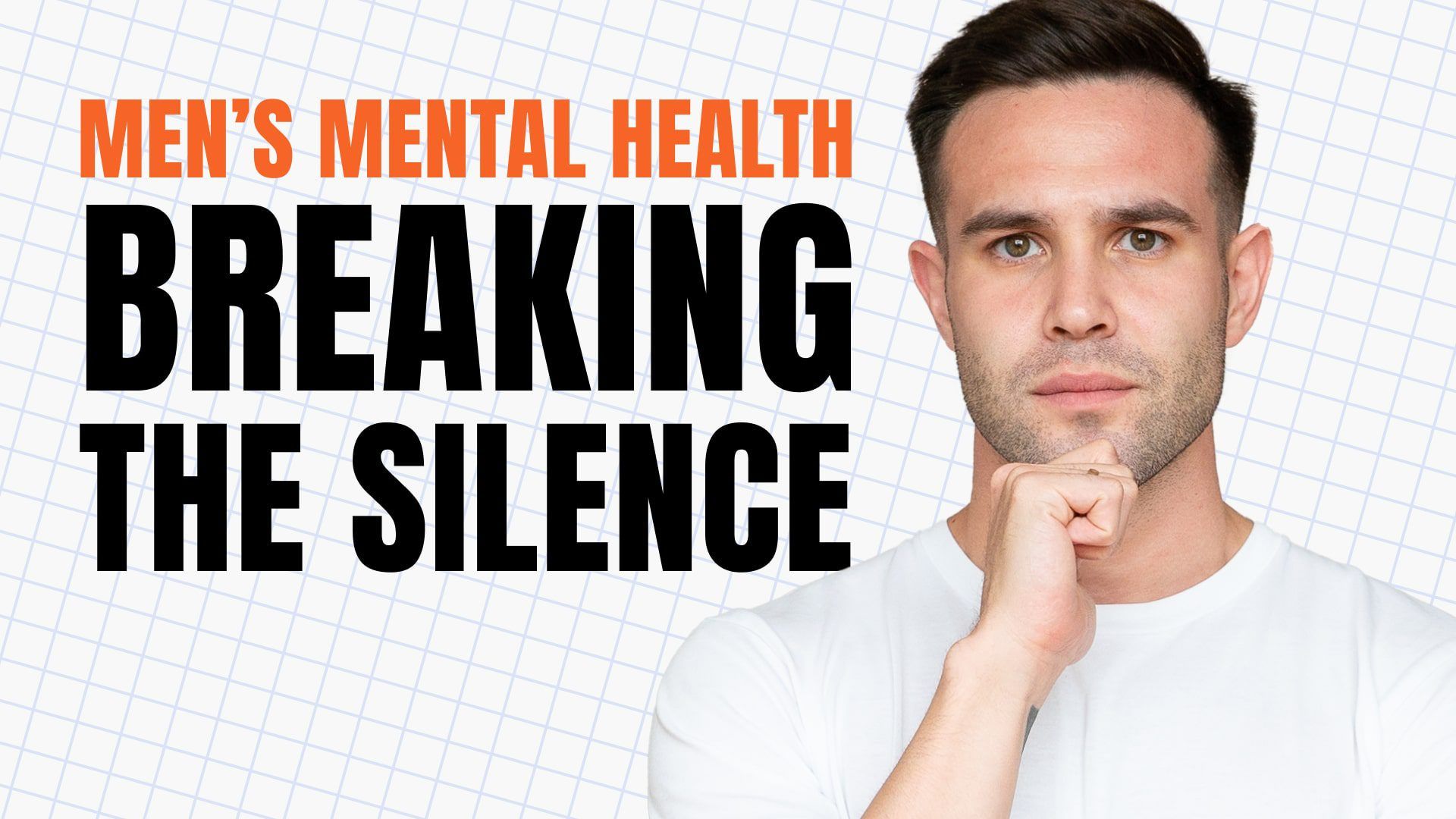Mental Health on a Budget: Complete Guide to Free Mental Health

Table of contents
In this article, you will learn
Maintaining good mental health is essential, but it doesn’t have to be expensive. This article offers practical, evidence-based strategies to prioritize your mental wellness without breaking the bank.
Whether you’re seeking therapy, exploring self-care techniques, or looking for free community resources, this guide will help you maintain mental health on a budget.
Don’t like to read? Watch the video!
Key Takeaways
- Affordable mental health services are accessible: You can find low-cost therapy options through sliding scale fees, university clinics, and federally funded health centers.
- Self-care doesn’t have to be expensive: Simple practices like mindfulness, regular exercise, and journaling are effective and low-cost ways to support mental health.
- Leverage free community resources: Support groups, public libraries, and community centers offer valuable mental health resources at little to no cost.
- Digital tools can support mental wellness: Free or low-cost mental health apps provide convenient, accessible support for managing stress, anxiety, and overall mental health.
Low-Cost Self-Care Practices
Self-care is a cornerstone of mental wellness, and many effective practices are either free or very affordable.
Affordable Self-Care Techniques
Self-care doesn’t need to be elaborate or expensive. Simple, consistent practices can have a significant impact on your mental health.
- Mindfulness and Meditation:Mindfulness and meditation practices can significantly reduce stress and improve focus. Apps like Insight Timer and Smiling Mind offer free guided meditations that can help you develop a regular mindfulness practice without any cost. These practices can be done anywhere, making them an accessible form of self-care.
- Physical Activity:Regular exercise is crucial for mental health. Activities like walking, running, or yoga can be done at little to no cost and have been shown to boost mood and reduce anxiety. Engaging in physical activity not only improves physical health but also releases endorphins, which are natural mood enhancers.
- Journaling:Writing down your thoughts and feelings can be a powerful way to process emotions and reduce stress. All you need is a notebook and a pen. Journaling helps you reflect on your day, identify patterns in your thoughts and behaviors, and find solutions to problems you may be facing.
Example: Incorporate a 10-minute meditation session into your daily routine using a free app, or start a gratitude journal to focus on the positive aspects of your day.
Digital Tools for Mental Health
In today’s digital age, there are numerous online tools available that can support your mental health at little to no cost. These tools can be accessed anytime and offer a range of services, from guided meditations to mood tracking.
Free and Low-Cost Mental Health Apps
Mental health apps provide convenient, accessible support for managing stress, anxiety, and overall mental well-being.
Many of these apps are free or have a free version, making them an excellent resource for those on a budget.
- Headspace: While Headspace offers a paid subscription, it also provides a free basic course in meditation and mindfulness. This app is known for its user-friendly interface and high-quality guided meditations that can help reduce stress and improve focus.
- MoodMission: This app is designed to help users cope with stress, anxiety, and low moods by offering evidence-based strategies and activities tailored to the user’s current emotional state. It’s a practical tool for anyone needing immediate support in managing their mental health.
- Woebot: Woebot is a free AI chatbot that offers cognitive-behavioral therapy (CBT) techniques to help manage mental health. The app engages users in conversations that guide them through CBT principles, providing support and strategies to handle stress and anxiety effectively.
Example: Download a mental health app like MoodMission to help manage stress and anxiety with simple, evidence-based techniques you can use anytime.
Building and Maintaining Routine and Social Support
Routine and social connections are fundamental to maintaining mental wellness, and both can be nurtured without spending money.
Importance of Routine
A consistent daily routine can provide structure and stability, which are especially important during times of stress. A well-maintained routine can help manage mental health by reducing feelings of chaos and uncertainty.
Tips for Building a Routine:
- Set a Regular Sleep Schedule: Going to bed and waking up at the same time each day can improve your sleep quality and overall mood. Consistent sleep patterns help regulate your body’s internal clock, making it easier to wake up feeling refreshed.
- Prioritize Daily Activities: Make time for activities that bring you joy, such as reading, exercising, or spending time outdoors. Incorporating enjoyable activities into your daily routine ensures that you are consistently engaging in self-care practices that boost your mood.
- Break Tasks into Small Steps: Breaking down tasks into manageable steps can reduce feelings of overwhelm and increase your sense of accomplishment. This approach can be particularly helpful when dealing with larger projects or goals that seem daunting.
Nurturing Social Connections
Strong social support is linked to better mental health outcomes. Staying connected doesn’t have to be costly, and nurturing relationships can provide emotional support and reduce feelings of isolation.
Affordable Ways to Stay Connected:
- Virtual Meetups: Use free video conferencing tools like Zoom or Skype to stay in touch with friends and family. Virtual meetups allow you to maintain social connections from the comfort of your home, making it easier to stay connected without any additional cost.
- Community Volunteering: Volunteering not only helps others but also provides a sense of purpose and connection. Many volunteering opportunities are free and offer the chance to meet new people while giving back to the community.
- Join Local Clubs: Many clubs, such as book clubs or walking groups, are free to join and provide opportunities to meet new people. These clubs often host regular events or meetups, making it easy to build and maintain social connections.
Example: Set up a weekly video call with a friend or join a local book club to maintain social connections that support your mental health.
Accessing Affordable Mental Health Services
Therapy is a powerful tool for managing mental health, but it often comes with a hefty price tag. However, there are several ways to access affordable or even free therapy services.
Understanding Low-Cost Therapy Options
- Sliding Scale Therapy:Many therapists offer sliding scale fees based on your income, making therapy more accessible to those with limited financial resources. This option allows you to receive professional help without the financial strain. You can find sliding scale therapists through local mental health organizations or online directories like Open Path Collective.
- Federally Funded Health Centers:Federally funded health centers provide mental health services on a sliding scale, depending on your income. These centers offer a range of services, including counseling and psychiatric care, making them a valuable resource for those in need of professional help at an affordable rate.
- University Clinics:Many universities offer low-cost therapy services through their psychology or counseling departments. These services are often provided by graduate students under supervision, ensuring you receive quality care at a reduced cost. University clinics are an excellent option for individuals seeking affordable therapy while contributing to the training of future mental health professionals.
Example: If you’re struggling with anxiety or depression but can’t afford regular therapy, look for local clinics that offer sliding scale fees or check out university-based services.
Leveraging Community Resources
Community resources can play a crucial role in maintaining mental wellness, especially when finances are tight.
Free or Low-Cost Community Programs
Many communities offer free or low-cost mental health resources, including counseling, support groups, and wellness programs.
- Support Groups: Organizations like the National Alliance on Mental Illness (NAMI) offer free support groups for various mental health conditions. These groups provide a safe space to share experiences and receive support from others who understand your struggles. Support groups can be an invaluable resource, offering both emotional support and practical advice from peers who are going through similar experiences.
- Public Libraries: Libraries often host free workshops, meditation classes, and wellness programs that can support your mental health. These programs are typically open to the public and provide a wide range of resources, from stress management techniques to mindfulness training.
- Community Centers: Many community centers offer free or low-cost wellness programs, such as yoga, mindfulness classes, and stress management workshops. These programs are designed to be accessible to everyone, providing valuable tools for managing mental health without the associated costs.
Example: Attend a free meditation class at your local library or join a community support group to connect with others and gain valuable insights into managing your mental health.
FAQ
How can I find affordable therapy if I don’t have insurance?
Look for sliding scale therapists, who adjust their fees based on your income. You can also explore therapy services at university clinics, where graduate students provide counseling under supervision at a reduced cost.
Federally funded health centers often offer low-cost mental health services, and online therapy platforms sometimes provide affordable options as well.
What are some effective free or low-cost self-care practices?
Mindfulness meditation, regular physical activity, journaling, and adequate sleep are all effective self-care practices that cost little to nothing.
Apps like Insight Timer offer free guided meditations, and walking or running are excellent ways to boost mental health for free.
Journaling your thoughts and emotions can help reduce stress and improve your mood.
Are there any free mental health apps that are actually helpful?
Yes, several mental health apps are available for free and can be quite beneficial.
Examples include MoodMission, which offers evidence-based coping strategies, and Woebot, an AI-driven chatbot that provides cognitive-behavioral therapy (CBT) support.
These apps are designed to help you manage stress, anxiety, and low mood with practical, accessible tools.
How can I incorporate a mental health routine without spending money?
Building a routine doesn’t require any financial investment. Start by setting a consistent sleep schedule, dedicating time each day to physical activity, and practicing mindfulness or meditation.
Use free resources like YouTube for guided yoga or meditation sessions. Establish regular check-ins with friends or family to maintain social connections, which are crucial for mental health.
What community resources can help with mental health on a budget?
Many communities offer free or low-cost resources, such as support groups through organizations like NAMI, wellness workshops at public libraries, and free classes at community centers.
Volunteering can also improve your mental health by providing a sense of purpose and connection, and it’s usually free to participate in community service activities.
Can I improve my mental health without professional help?
While professional help is important for many people, there are several ways to support your mental health on your own.
Regular exercise, a healthy diet, sufficient sleep, mindfulness practices, and staying socially connected can all significantly improve mental well-being.
However, if you’re experiencing significant mental health challenges, seeking professional help, even on a budget, is strongly recommended.
How can I manage stress and anxiety on a tight budget?
Managing stress and anxiety can be achieved through regular exercise, mindfulness, and meditation practices.
Apps like Insight Timer offer free guided meditations, and you can find numerous free resources online for stress management techniques.
Additionally, staying connected with supportive friends or joining free online support groups can provide emotional relief.
What role does routine play in mental health, and how can I create one?
A consistent routine can provide structure, reduce stress, and improve overall mental health.
Start by setting a regular wake-up and bedtime, scheduling time for exercise, meals, work, and relaxation.
Incorporate activities that bring you joy, such as reading, hobbies, or time spent outdoors. A well-structured routine can help you feel more in control and less overwhelmed.
How can I maintain social connections without spending money?
Maintaining social connections is crucial for mental health and can be done at no cost.
Use free video conferencing tools like Zoom or Skype to stay in touch with friends and family.
Joining free community groups or clubs that align with your interests can also help you meet new people. Volunteering is another great way to connect with others while contributing to your community.
What are some warning signs that I need professional mental health support?
Warning signs that you may need professional support include persistent feelings of sadness, hopelessness, or anxiety that don’t improve with self-care; difficulty functioning in daily life; withdrawing from friends and activities; and experiencing thoughts of self-harm or suicide.
If you notice these signs, seek help immediately, even if it’s through low-cost or community-based services.
Conclusion
Maintaining your mental health doesn’t have to be expensive.
By leveraging affordable therapy options, utilizing free community resources, incorporating low-cost self-care practices, and taking advantage of digital tools, you can prioritize your mental wellness without breaking the bank.
Routine and social connections are also vital components of mental health that can be nurtured at little to no cost.
With these strategies, you can take control of your mental health and well-being, ensuring that you stay balanced, resilient, and connected, regardless of your financial situation.
Works Cited and Relevant Links
- Healthline. (2023). Budgeting for Your Mental Health: 14 Tips.
- McKinsey & Company. (2023). How Affordable Is Mental Healthcare?
- Anxiety and Depression Association of America (ADAA). (2023). Low-Cost Treatment Options for Anxiety and Depression.
- American Psychological Association (APA). (2024). Trends and Pathways for Accessing Mental Health Care.
- City of San Antonio. (2023). Counseling and Wellness Resources.
This is a personal blog. I am not a doctor, fitness coach, nutritionist, or trained health professional. The information I share is based on my personal experience, self-research, and insights from working with health and wellness professionals. My content is for informational and entertainment purposes only and is not intended as health advice.
Always consult with your healthcare provider before making any significant changes to your health routines or treatments. I am not liable for any actions taken based on this information.
With that said, your well-being is my top priority. Stay healthy and take care!
Credits and Team















Leave a Reply